Toilet cleaning is always a troublesome chore. Right? And the worst is when you have to deal with a stubborn stain in your toilet bowl. Maybe you have already tried a lot of cleaners, but the stain didn’t fade a little bit. In such situations, you can think about using Bleach overnight.
Can I leave bleach in the toilet overnight?
Yes, you can leave the Bleach in the toilet overnight but not from evening to mid-day. And you have to ensure that you do not pour it in evaporated water and dilute it in a proper ratio with water.
In this guide, there is more to learn about the ins and outs of Bleach. If you want to know how to bleach your toilet safely, stick with us until the end. So without any delay let’s get started!
Can I Leave Bleach In The Toilet Overnight?
If your toilet is in the worst condition with lots of stubborn stains, water skid marks, pop’s yellow stains, and many more, leaving bleach for overnight can be the best choice to remove these different kinds of dirt marks.
But, if you don’t take precautions, follow the correct process of leaving bleach overnight, and forget about bleach after leaving. It can bring a hazardous situation for you and your family.
That’s why before applying this idea of leaving bleach in your toilet overnight, you have to learn about its safety, the precautionary steps, and other essential things.
Is It Safe To Use Bleach In Your Toilet?
Bleach is absolutely safe for your toilet if you dilute it with water. Most people think that mixing Bleach with water can weaken the solution and lessen the effectiveness of Bleach to work on stubborn stains. But that’s not true. Water helps break down Bleach in salt and water, making it biodegradable. You need to maintain a proper ratio of ½ to 1 cup of bleach with each gallon of water for the best result.
How to Safely Leave Bleach In The Toilet Overnight?
Though Bleach is safe to use in the toilet overnight, you can’t just dump it and leave it there. Before bleaching, you should take some precautionary measures to protect yourself, your family, and your toilet. Here are some common precautionary steps
1. Wear Protective Gear
First, wear protective gear when you’re bleaching the toilet. Because bleach is a corrosive chemical and it is harmful to your skin, eyes, and even lungs. So wearing protective gear will protect you from any injury due to splashes and spills from the toilet bowl.
While cleaning with bleach, wear a long-sleeve cloth that can cover your whole body and skin as much as possible. Wearing hand gloves is mandatory because your hands are primarily at risk of coming into contact with Bleach. You should also use goggles and nonporous boots to save your eyes and feet.
2. Ventilate The Toilet
If you’re going to leave the Bleach in the toilet overnight, you should open the ventilation window of the toilet that is situated at the top of the bathroom. As Bleach contains chemicals, breathing in Bleach exudes flumes that can cause harm to your health.
It not only creates irritation but also can build up fluid in your lungs, shortness of breath, and sometimes lead to death for sensitive patients.
Otherwise, if you have kids in your home, avoid using high amounts of bleaches without ventilation because its smell spreads throughout your house for a long time.
3. Do Not Mix Bleach With Other Cleaners
When you mix Bleach with other chemicals, sometimes it turns into a hazard. Bleach already contains various chemicals, and if you combine it with other cleaners, it causes a chemical reaction. It can create mild irritating fumes or even toxic gas. So here are some dangerous combos you should never make.
4. Bleach and Vinegar
Bleach and vinegar both are effective cleaners on their own. But when you mix them, it produces chlorine gas, and you’ll feel burning in the throat, eyes, bronchial tree, and more. Plus, you can face bronchospasm, lower pulmonary injury, or delayed pulmonary edema for high concentration.
5. Bleach And Ammonia
This mixture produces toxic chloramine and leads to irritation in your nose, eyes, throat, and lungs. A high concentrated mixture of ammonia and Bleach causes many hazards that can even cause death or coma.
6. Bleach and Acetone/Rubbing Alcohol
This concentration creates chloroform. It can cause shortness of breath and irritation in the throat and nose. Sometimes it also causes dizziness, nausea, drowsiness, or losing consciousness.
7. Inform Your Family
You might be wondering why you should inform others about bleaching. It’s night, and everyone is asleep but wait, you never know who will come into the toilet mid-night. So be sure to inform everyone in your house that you’re going to leave Bleach in the bathroom overnight. It’s necessary for many reasons, such as.
- Firstly, when someone urinates in the bleach-filled bowl, it can cause some water to splash up at the person, creating irritation or even burning the skin.
- Secondly, when Bleach and urine get mixed, it releases an irritating fume that is unhealthy to inhale.
- Thirdly, urine and Bleach produce chlorine gas which causes nose and throat irritation, watering eyes, coughing, nausea, etc.
If you take these precautionary steps, you can leave bleach overnight in your toilet.
How To Clean Toilet After Leaving Bleach Overnight?
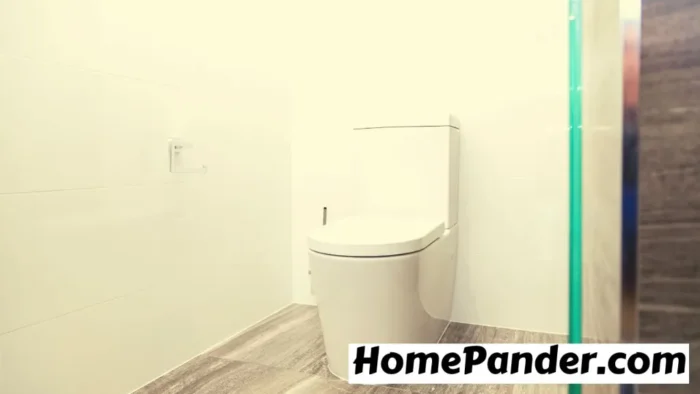
So now it is time to know the steps of cleaning the toilet with overnight belching. As the bleach gets plenty of time to soften and loosen the stubborn stains, so it takes a few minutes to clean the bathroom.
- Aging, get ready by wearing your safety gear, and pick a soft bristle toilet brush gently scrub the toilet bowl. Don’t over rub because it will scratch the surface of the toilet.
- Then flush the toilet a few times to clean the bleaching particles, and soften dirt.
- Finally, keep the bathroom door open for some hours to remove the bleaching odor and dry the floor. That’s all.
When Not to Use Bleach in Your Toilet Bowl
In a few cases, you should not use Bleach in your toilet to clean it. Mostly when you see any rust stains inside the toilet bowl. That’s because Bleach can’t lift rust. Instead, it set the stain permanently. And it’s almost impossible for you to remove.
Before using any bleach mixture, it’s a good practice to check your toilet plumbing system and pipes to see whether they can be equipped with bleaching. Take the help of a plumber to prevent this. Though most toilets don’t have any issues with bleaching, it’s best to check before using.
Is There Any Cleaning Alternative Instead of Bleach?
Yes. There are several cleaning alternatives available instead of Bleach. If you don’t want to take the risk of using Bleach or are confused about using it, you are not out of options. You can pick either a commercial cleaner from your nearest shop or online. You can also make a DIY toilet cleaner at your home.
1. Commercial Cleaners
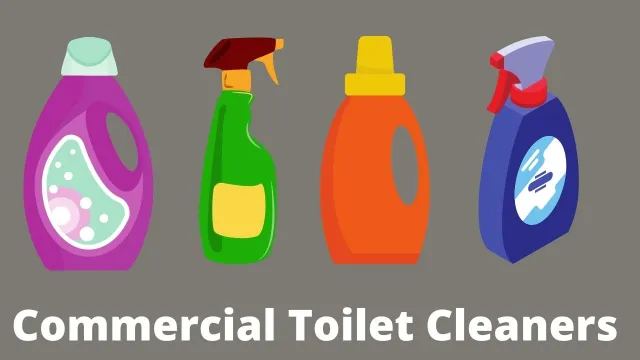
Branded or commercial cleaners are ready to use and available in various types. Commercial cleaners also contain Bleach. But the significant difference between commercial Bleach and plain Bleach is the presence of thickening agents.
Commercial cleaners have a substance that allows the mixture to stick to the slippery surface of the toilet bowl. So it works best on stains. However, plain Bleach can’t stick to the surface, and the stains may not remove well. Here are some Bleach free alternative toilet cleaners for you
- Lysol bleach free Toilet bowl cleaner
- RMR-86 Stain Remover Spray
- Ty-D-Bol Bleach Alternative Toilet Cleaner
- Clorox Automatic Toilet Bowl Cleaner Tablet
2. DIY Cleaners: Vinegar and Baking Soda
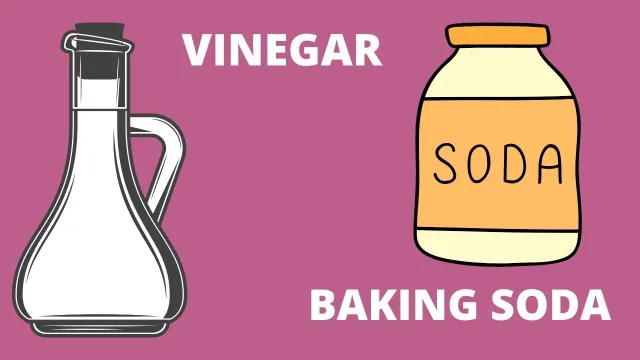
Vinegar and baking soda contain excellent cleaning remedies for your toilet. These are also popular kitchen ingredients, so you better know these don’t have any harmful effects as Bleach has. So we recommend you try this natural idea if you don’t prefer Bleach or any branded toilet cleaner. Here are 3 simple steps for using vinegar and baking soda.
- Take 1 cup of baking soda and vinegar.
- Pour the mixture into your toilet bowl and let it sit for 30 minutes.
- After that, flush your toilet to rinse down all the dirt and cleanser.
Can You Use Bleach Cleaning The Toilet Exterior?
No. It Is not recommended to use Bleach for any external cleaning of the toilet bowl. As you know, Bleach has harsh and harmful particles, so it shouldn’t remain on the surface outside of your toilet. Otherwise, the beach can’t be wiped entirely even if you wash the surface. So there is always a risk of bleach contact with your skin.
If you have to use Bleach on the surface, you can use a mild detergent. It’s simple to use and harmless. After using the detergent, use a sponge foam to wipe down the detergent. Next, use an all-purpose cleaner to ensure there is no more bleach on your toilet surface.
FAQs
How often should I clean my toilet?
You should clean your toilet after 3-4 days. But, cleaning once a week is compulsory to prevent germs and bacterias from growing in your toilet bowl.
How long can you leave toilet cleaner in toilet?
It depends on your toilet condition and the strength of the toilet cleaner. But, you can roughly leave a toilet cleaner in the toilet for 30 minutes to 2-3 hours based on the types of Toilet cleaner. Or you can check the label of the cleaner, there you will find the using instructions with time.
What is Sodium Hypochlorite?
Sodium hypochlorite is another name for Bleach. It is used as a disinfecting agent and is the primary ingredient in commercial toilet cleaners.
What happens if you leave Bleach in a toilet too long?
Leaving Bleach in your toilet for 4-5 hours is okay, but you should avoid leaving bleach in the toilet too long. Because if it stays there for a long time, the Bleach starts corroding the toilet seals and gasket. And your bathroom can ultimately cause it to fail.
Does Bleach Damage Toilet Bowls?
Yes, Bleach can highly damage your toilet bowl if you don’t dilute it with water. If the Bleach reacts with ammonia, it can create a poisonous gas. Even enamel toilets can oxidize by Bleach to firm rust stains.
Can you leave Bleach in the toilet for a week?
No. It’s not a good choice to leave Bleach in the toilet more than overnight. Leaving it for a week can highly damage your toilet bowl and produce harmful gasses.
Is it safe to leave bleach in the toilet overnight?
Leaving bleach in the toilet overnight can be safe, but it’s not recommended.
Can bleach damage my plumbing?
Bleach can damage certain types of plumbing if not used as directed.
How long should I leave bleach in the toilet?
Leave bleach in the toilet for no longer than 10-15 minutes.
What are the risks of leaving bleach in the toilet overnight?
Leaving bleach in the toilet overnight can cause damage to the toilet and potentially harm people or pets.
Are there alternative ways to clean my toilet without using bleach?
Yes, alternatives to bleach include natural cleaners and commercial cleaners without bleach.
Can leaving bleach in the toilet overnight remove tough stains?
Leaving bleach in the toilet overnight can help remove tough stains, but it’s not the most effective method.
Is it safe to mix bleach with other cleaning products?
It’s not safe to mix bleach with other cleaning products.
How should I dispose of bleach?
Dilute bleach with water and pour it down the drain to dispose of it.
Can bleach harm septic systems?
Yes, bleach can harm septic systems if not used properly.
What are some tips for using bleach safely in the toilet?
Dilute bleach, wear protective gear, and limit exposure when using it in the toilet.
Final Thoughts
Hopefully, you get your answer regarding “Can I leave bleach in the toilet overnight.” Using diluted Bleach in your toilet overnight is safe if you follow the previous precaution we shared.
But yes. Toilets are different, and you never know whether Bleach doesn’t do any harm to you. So it’s a good idea to call a plumber and get their advice about your plumbing system.
Finally, if you’ve any further inquiries, leave them in the comment section. Stay with our articles and make your cleaning day more simple!

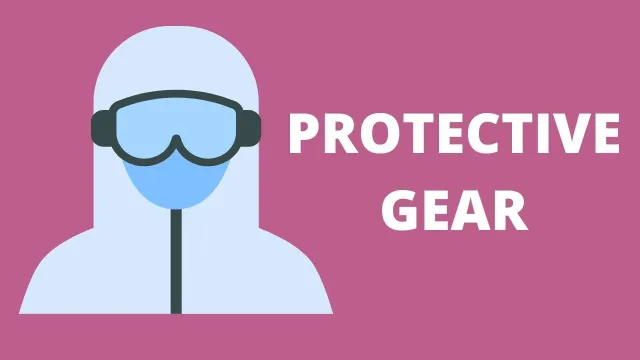
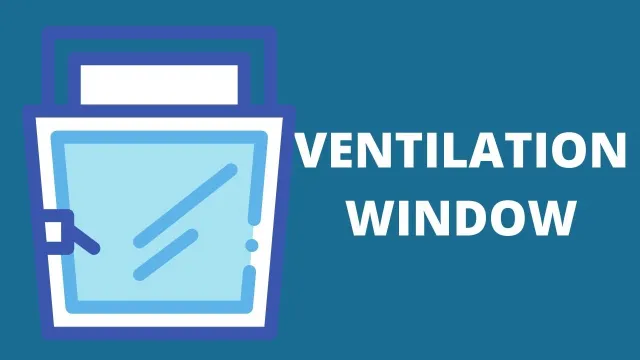
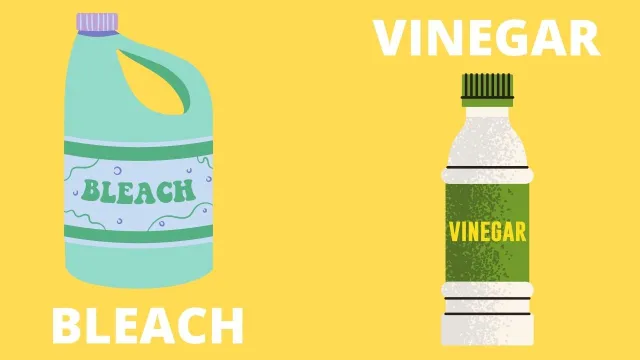
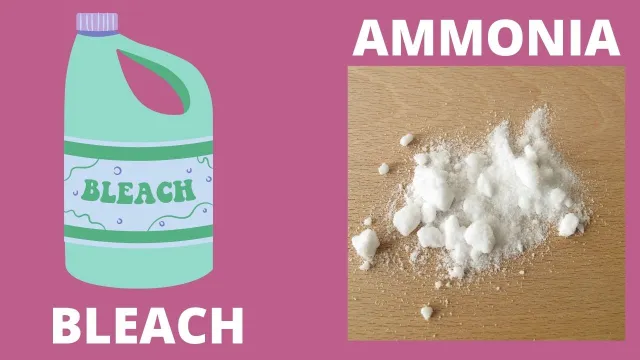
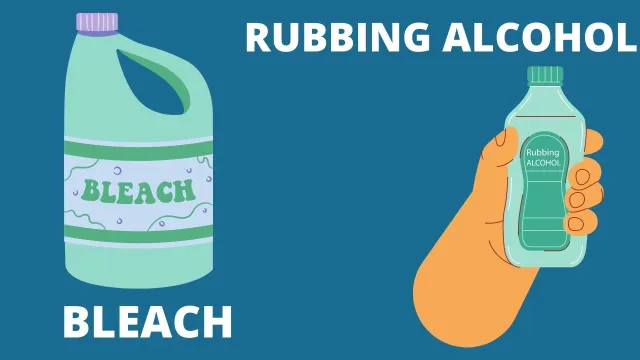




![How to Remove Crystallized Urine [Explained]](https://homepander.com/wp-content/uploads/2022/02/How-To-Remove-Crystallized-Urine.jpg)
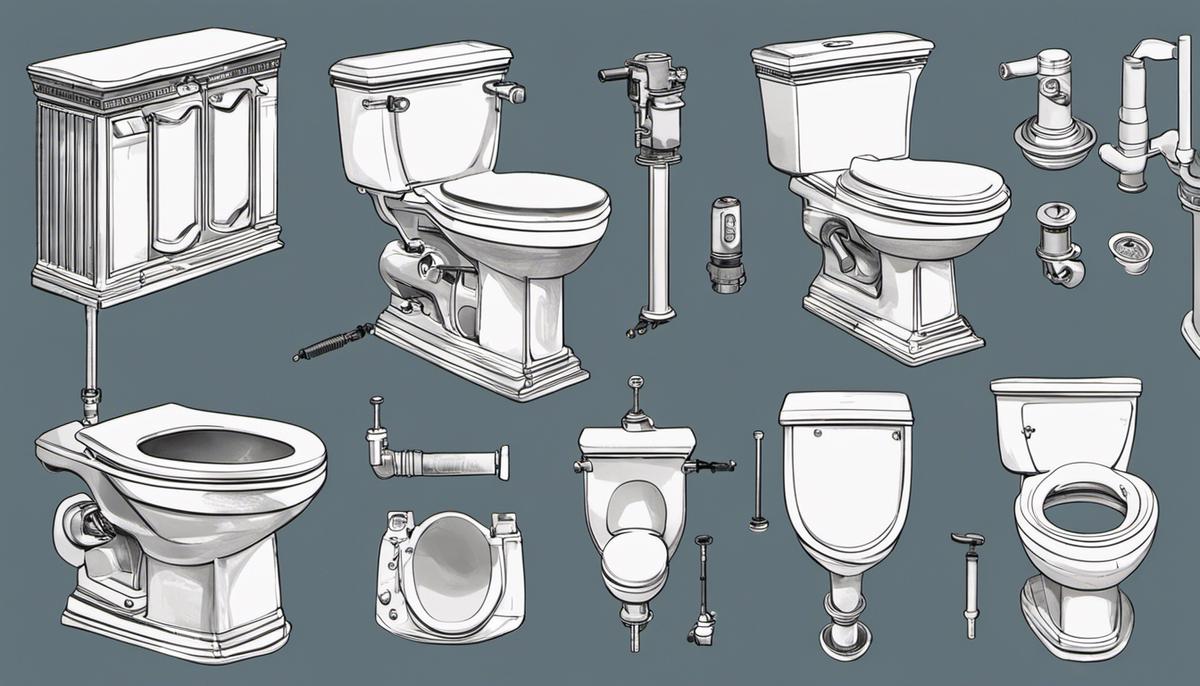
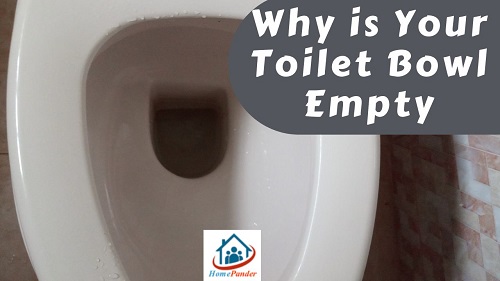
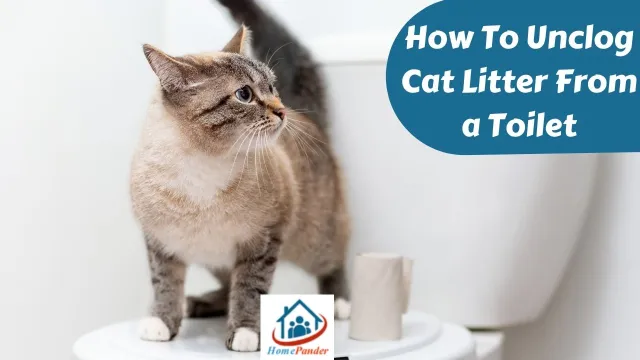
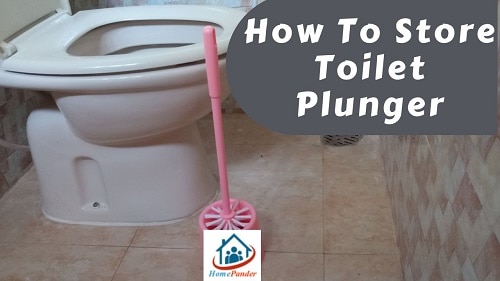
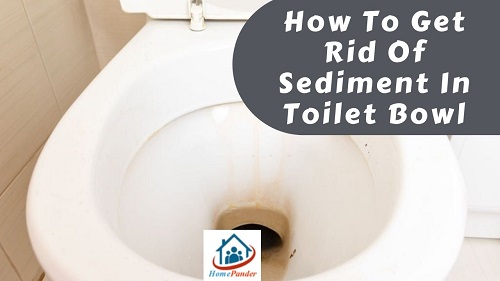
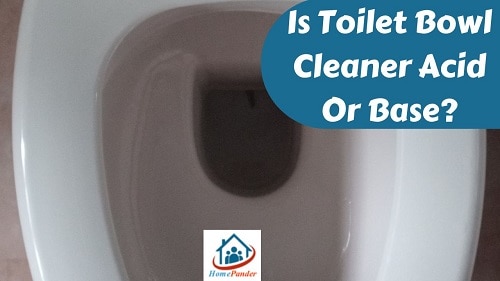
![How To Clean Dark Grout That Has Turned White [5 Easy Ways]](https://homepander.com/wp-content/uploads/2021/12/How-To-Clean-Dark-Grout-That-Has-Turned-White.webp)